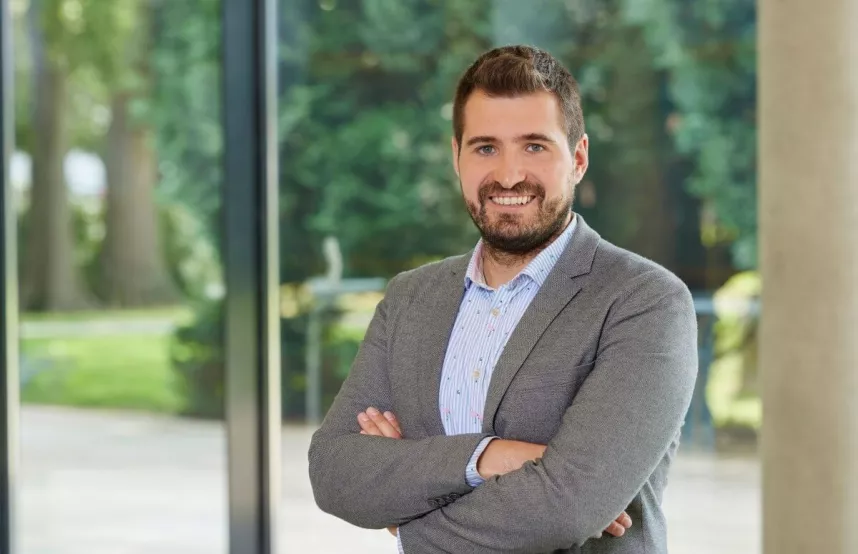Sustainability in the supply chain: Constructor University lecturer wins Global Educator Challenge
Dr. Stanislav Chankov uses game-based learning simulations for his teaching. This time, however, the lecturer in supply chain management at Constructor University was not teaching, but playing himself. As head of the team "The sustainers", he won the Global Educator Challenge organized by the provider "Inchainge". One hundred and ninety people from 45 companies and 35 universities took part in the international competition.
Playing “The Triple Connection”, a web-based business simulation game about a chocolate milk manufacturer, their task was to make the company profitable, while also ensuring that its supply chain is aligned with the sustainability goals of the United Nations. In particular, the three dimensions of sustainability – People, Planet, Prosperity – had to be taken into consideration: The social dimension, such as child labor or occupational safety; the environmental aspect, like avoiding CO2 emissions, using water sparingly or reducing waste; and the economic aspect, for example, securing the income of cocoa bean farmers.
"In six rounds, each representing one year, decisions had to be made that became increasingly complex," explains Chankov, who also heads the Industrial Engineering & Management bachelor's degree program at Constructor University. The interdisciplinary team, consisting of Chankov, Bodhibrata Nag from the Indian Institute of Management in Calcutta, and Georgios Vousinas from the National & Kapodistrian University of Athens, was still behind in the first round, but ultimately came out on top by a wide margin.
Chankov also experiences this phenomenon with his students: in his teaching he uses a predecessor model of the game. For him, game-based learning simulations are a way of imparting knowledge - and by taking part in Inchainge's Global Educator Challenge, he can do this job even better. The topic of sustainability in the supply chain is also playing an increasingly important role both in his own research and in teaching: "A few years ago, it was mainly factors such as costs and time that were calculated, but now sustainability aspects such as emissions are a matter of course."
Questions answered by:
Dr. Stanislav Chankov | Distinguished Lecturer in Supply Chain Management
Schankov@constructor.university | Tel.: +49 421 200-3076
